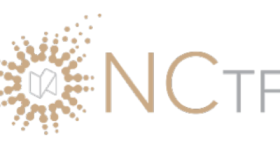Panelists discussed how tariffs impact the culture of their companies and relationships with international clients.
Brian Gill, legal counsel of tesa Tape North America says a crisis like this can lead to creativity, and companies need to be clever in their negotiations to bring value to clients.
“If for example one of your customers has to absorb a higher cost, maybe there’s something you can offer by way of better service, or promising first dibs on a new market launch. My point is there are lots of tools we have to play with. Pricing is not the only one.”
Adam Madigan, Chief Operating Officer of BISSELL, says it’s hard to plan long-term right now, so he’s focused on managing cash flow short-term.
“When we talk to suppliers and when we talk to retailers, it really is: this is our plan for the next 90 days. Here’s what we’re asking you to do in this period and then as we get more information, we’ll reassess.”
Angela Gamalski, an international trade lawyer and partner at Honigman Law Firm, says tariffs are not going to go away so it’s now about managing the issues they bring.
“Your solution to tariffs is like a Rubik’s cube: as soon as you solve one side, now you have problems on every other side. Getting all those pieces to align is not a two-second answer.”
The panelists agreed to be successful, companies will need to diversify supply chains and manage the chaos better than their competitors.







